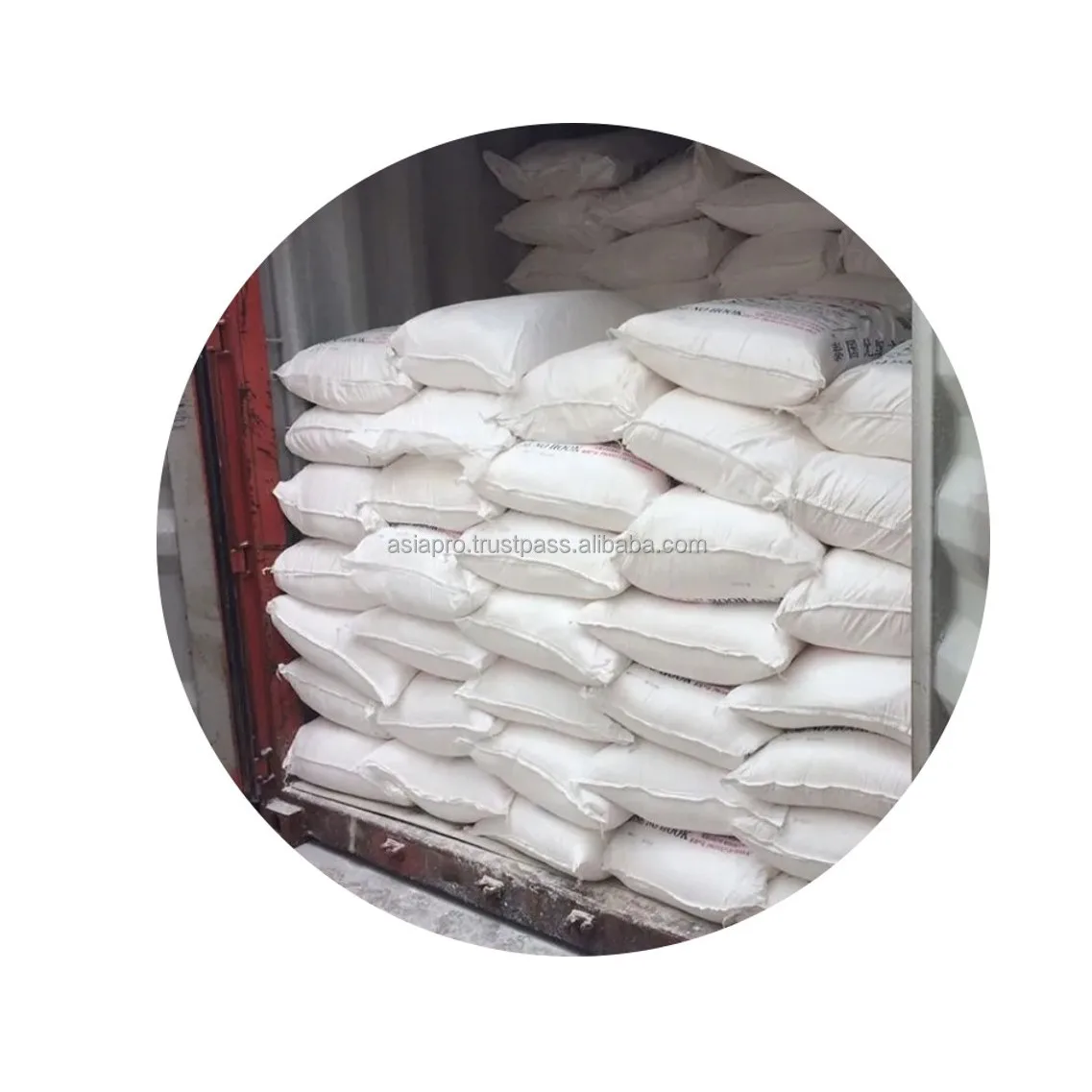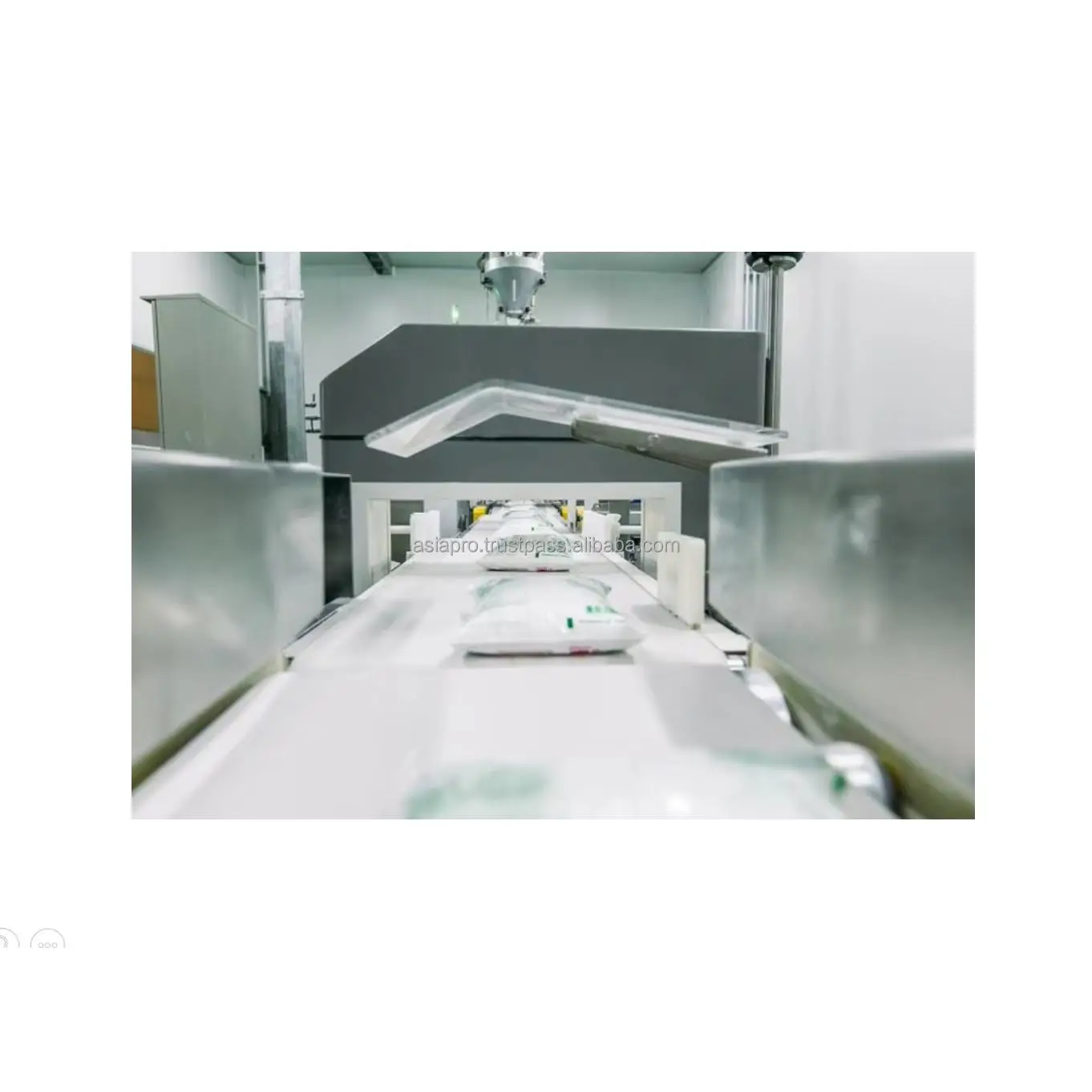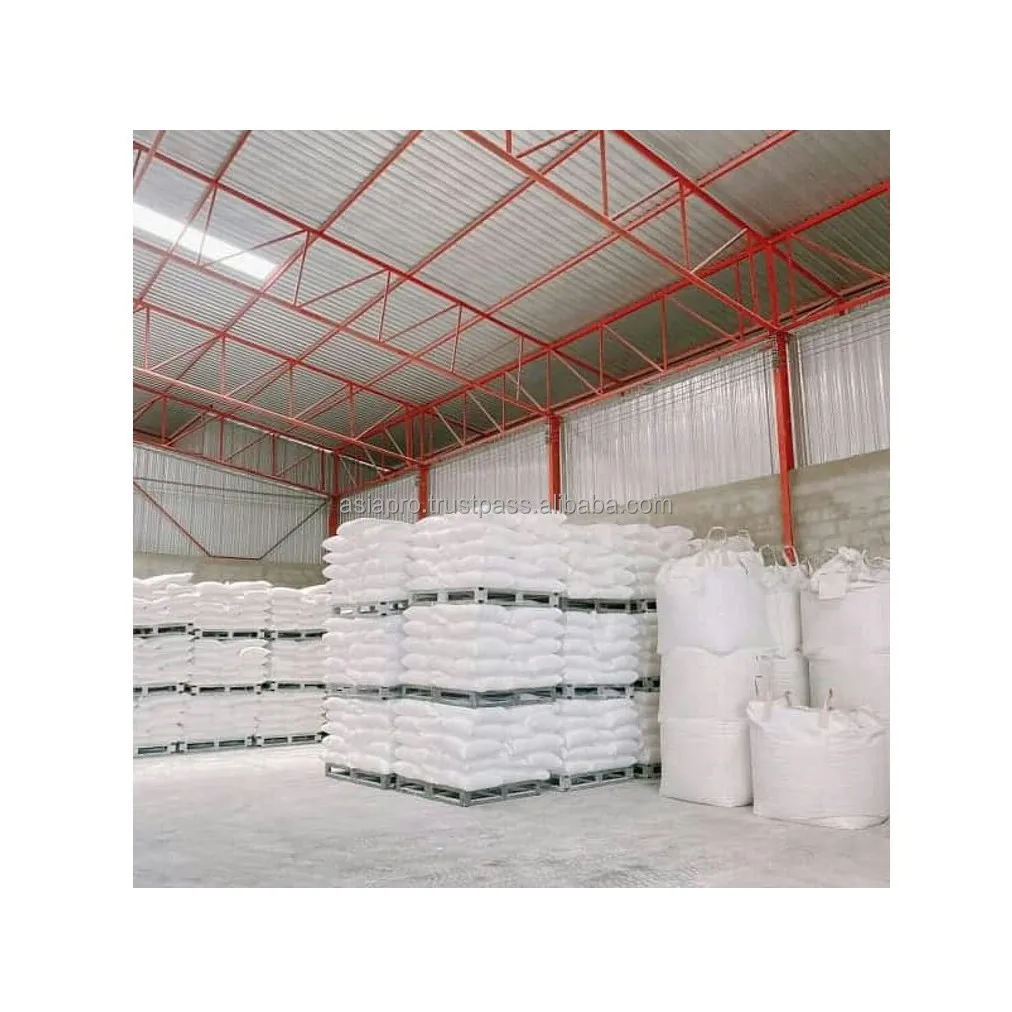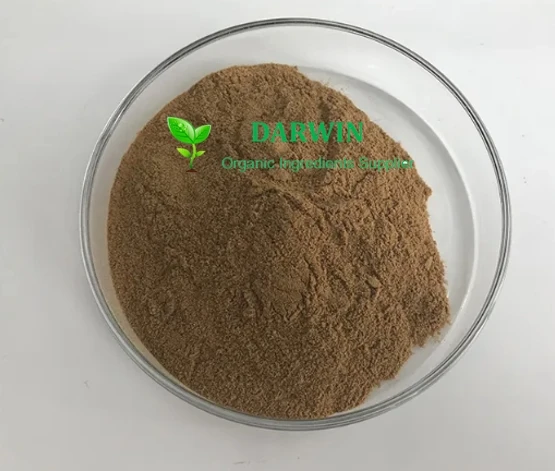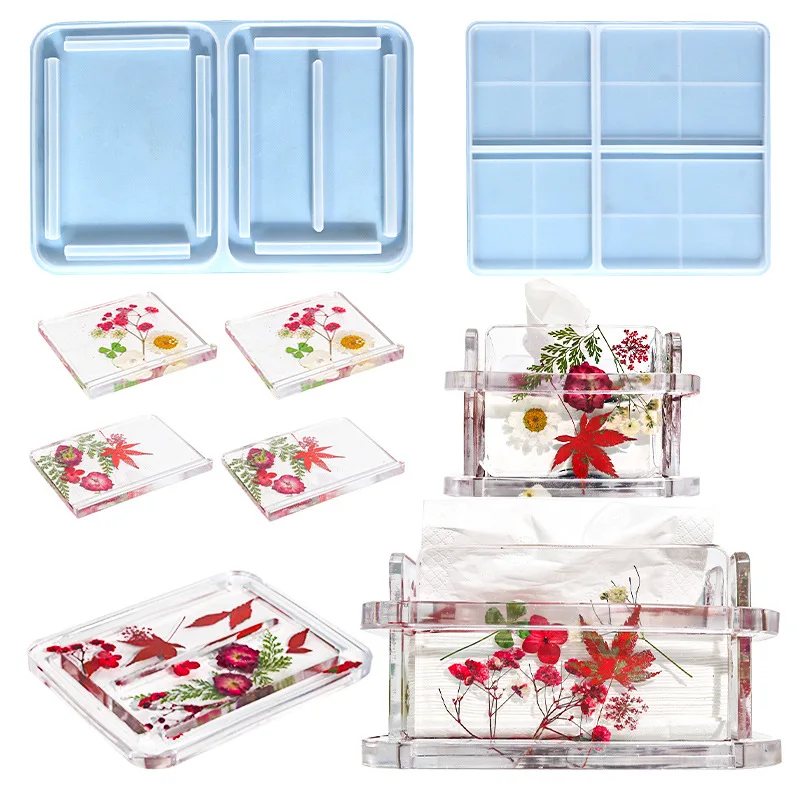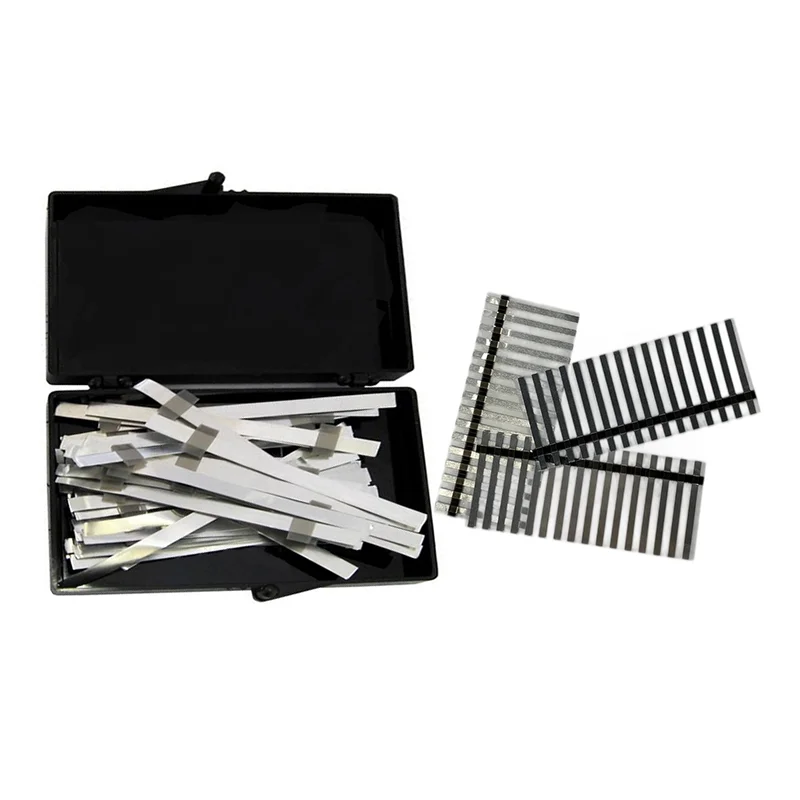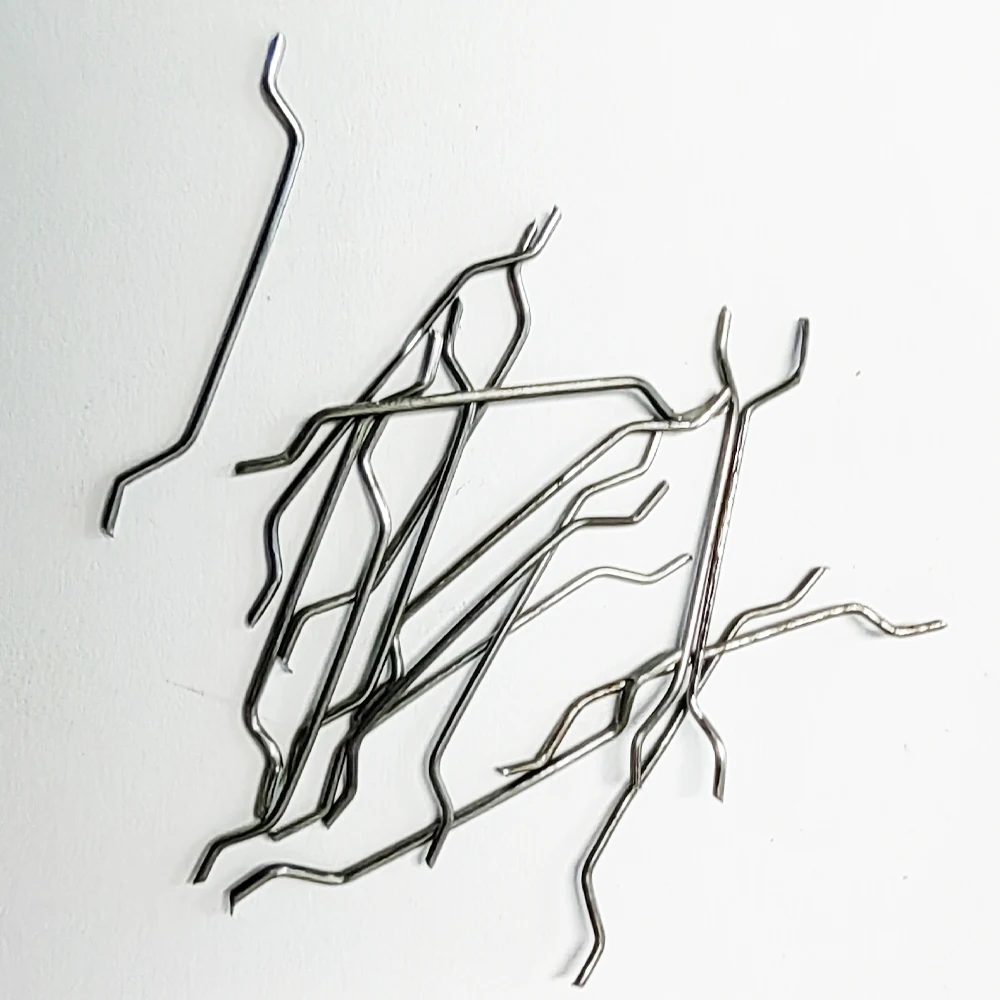Cassava Starch Exporter from Thailand Ideal for Food and Industry
- Category: >>>
- Supplier: ASIA PRODUCT SUPPLY COMPANY LIMITEDASIA LIMITED
Share on (10000020343579):
Product Overview
Description
Native Topioca Starch casava starch for food new crop retail and bulk pack from Asia product supply Co.,Ltd Thailand
Thailand: A Global Leader in Starch Production and Export
Thailand has earned its reputation as a global powerhouse in the starch industry, driven by its rich agricultural resources, advanced production techniques, and commitment to quality. As one of the world's leading exporters of starch, including tapioca starch, corn starch, potato starch, and modified starch, Thailand supplies a diverse range of industries such as food, pharmaceuticals, textiles, and more.
Why Thailand Stands Out in the Global Starch Market:
- Abundant Raw Materials: Thailand’s favorable climate and fertile land ensure a continuous and high-quality supply of raw materials like cassava, corn, and rice, providing a solid foundation for its starch industry. The country is a top producer of tapioca starch, known for its superior quality and versatility.
- Advanced Production Processes: Thai starch manufacturers use state-of-the-art technology and stringent quality control measures to ensure that every batch meets international standards. Whether it's native starch or modified starch, Thailand’s production is recognized for its consistency and reliability.
- Sustainability and Innovation: The starch industry in Thailand has embraced sustainable practices by reducing environmental impact and utilizing innovative methods to improve the efficiency and quality of starch production. This makes Thai starch an eco-friendly choice for global buyers.
- Unrivaled Quality: Thailand’s starch products are known for their purity, smooth texture, and excellent binding properties, making them ideal for food processing, pharmaceuticals, and industrial applications. Whether you’re sourcing tapioca starch for gluten-free products, or modified starch for enhanced performance, Thailand provides premium quality that meets various market demands.
- Competitive Prices: Thailand’s starch exporters can offer competitive pricing due to the country’s efficient production processes and access to abundant natural resources. This ensures that buyers receive top-quality products at cost-effective rates.
By choosing starch from Thailand, buyers are assured of premium-grade products, reliable supply chains, and an industry that is dedicated to innovation and sustainability. Whether you're looking for OEM packaging or custom formulations, Thailand’s starch market is well-equipped to meet the needs of global industries.
Raw Material Preparation
The first step in the production of cassava starch is the preparation of the raw materials, mainly cassava roots. Here is an overview of the process:
- harvest (Harvesting): Mature cassava plants are harvested either by hand or by machine. This will ensure that the roots are healthy and disease free.
- Cleaning and Washing: Harvested cassava roots are thoroughly cleaned to remove dirt, stones and other impurities. It is then washed to remove surface contaminants.
- Peeling: Peel off the outer skin of the cassava either manually or using a peeler. leaving clean white flesh
- Cleaning and Washing: Harvested cassava roots are thoroughly cleaned to remove dirt, stones and other impurities. It is then washed to remove surface contaminants.
- Peeling: Peel off the outer skin of the cassava either manually or using a peeler. leaving clean white flesh
Extraction and Separation
When the cassava roots are prepared The starch extraction process will begin. This involves separating the starch from the fibrous components of the cassava. The procedure includes:
- Rasping: Peeled cassava roots are scraped or grated using a special machine. This creates a solution consisting of cassava pulp and water.
- separating starch from water Starch-Water Separation: The solution goes through a process called starch-water separation. It involves sieving or centrifugation to separate the starch from the fibrous residue. The starch settles at the bottom while the fibrous components are removed.
- Desanding and Dewatering: The starch slurry undergoes a desanding process to remove sand and other heavy impurities. Subsequently, dewatering techniques such as sieving or centrifugation are used to reduce the water content of the starch.
Purification and refining (Purification and Refining)
After the starch separation process The flour goes through a process of purification and refining to increase its quality and purity. The procedure includes:
- Washing and Sedimentation: The starch is washed repeatedly with water to remove any remaining impurities. Then leave it to settle. Let the flour settle on the bottom.
- Wet Milling and Fiber Removal: Wet milling techniques are used to break up additional powder particles and remove fiber residue. This results in a finer starch suspension.
- concentration and drying (Concentration and Drying): The starch suspension is concentrated by evaporation to reduce the water content. The concentrated starch is then dried using methods such as flash drying or hot air drying. to change the powder form into powder form
Packaging and Storage
When the cassava starch is processed, it is ready to be packaged and stored before being sold. The key steps in this process include:
- Packaging: Tapioca starch is packaged in suitable containers such as bags or large containers. to protect against moisture, contaminants and physical damage The packaging machine ensures accurate measurement and efficient sealing.
- Quality Control: Stringent quality control measures are in place to ensure that packaged tapioca starch meets required standards in terms of purity, quality and consistency. Testing can involve parameters such as moisture content, particle size and purity level.
- Storage: Packaged cassava starch is stored under proper conditions to maintain freshness, quality and shelf life. Temperature and humidity control is essential to prevent degradation and to maintain the functional properties of starch.
corn starch
starch
potato starch
tapioca starch
starch 1500
modified potato starch
cassava starch
wheat starch
modified starch
corn starch powder
industrial corn starch
tapioca starch from Thailand
starch price per ton
rice starch
OEM Brand starch
OEM Packing :
in PP/PE bag
20 kgs
25 kgs
50 kgs
Kraft Paper bag
20 kgs
25 kgs
and Tapioca Starch Packing 850 kg. Jumbo Bag
Shelf life : 2 Years in closed bag
Our company is established in 2010.



We Recommend
New Arrivals
New products from manufacturers at wholesale prices
